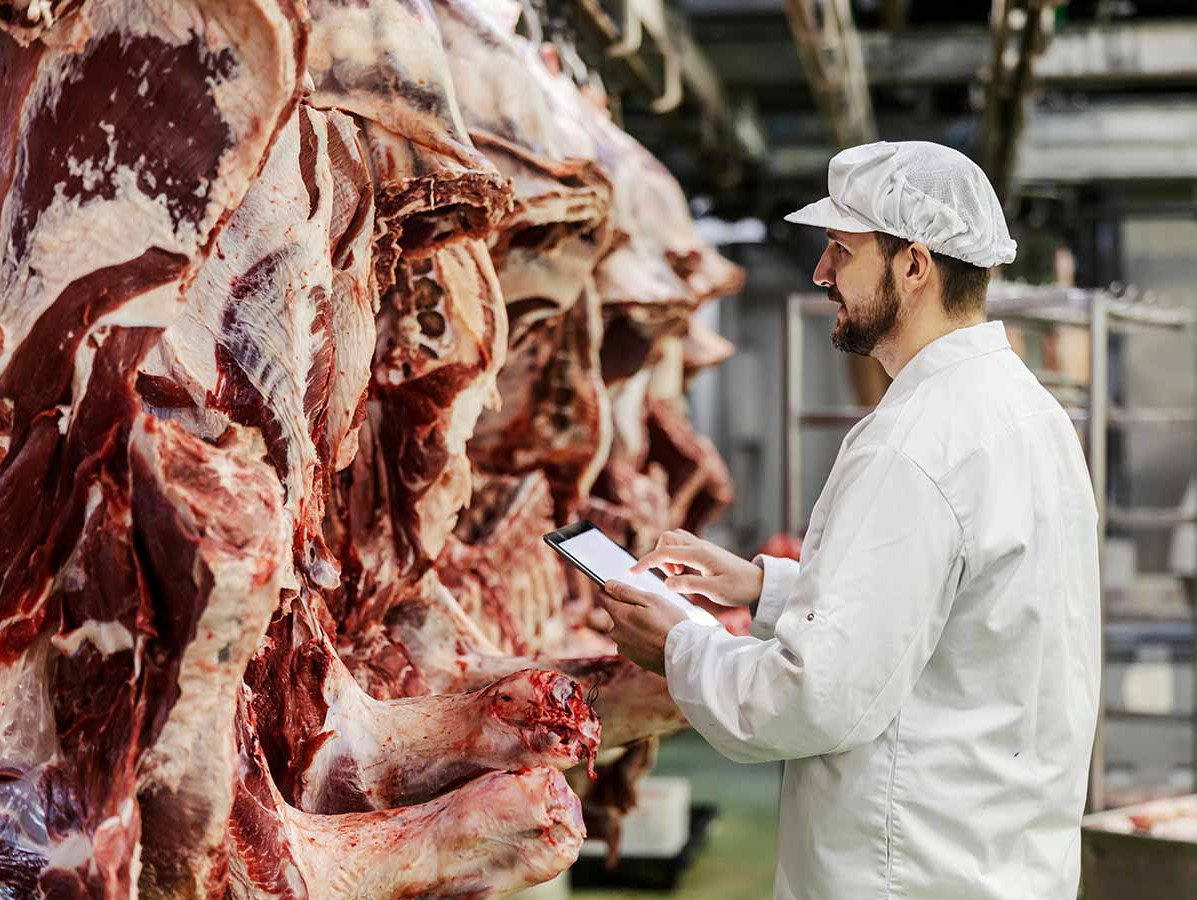
Food safety remained a top priority for the NVWA in 2024. Over 48% of its capacity was allocated to inspections in this area. The meat sector received the most attention, accounting for more than half of the total oversight hours. Hospitality, artisanal production and industrial companies followed at some distance. The number of inspections rose sharply. In total, 36,729 checks were carried out at nearly 20,000 businesses, over 3,000 more than the year before. And it didn’t stop there: the NVWA imposed measures at more than 8,000 locations.
Reports of food poisoning also increased, reaching 3,989 cases. That upward trend has been ongoing for several years. Greater public awareness may be part of the explanation, but the NVWA doesn’t rule out the possibility that actual incidents are also on the rise.
To respond more efficiently, the agency now relies on smart technologies, including sensors, AI and on-site testing. One example: screening for aflatoxins directly at the source.
Food businesses were more frequently forced to shut down temporarily due to pest infestations. In 2024, this happened 65 times—almost twice as often as in the previous year. Mice were the most common cause, followed by rats and cockroaches. Most reports came from the Randstad region. Businesses were only allowed to reopen after thorough cleaning and proof of effective pest control.
Further investigation revealed the presence of PFAS in eggs from hobby chickens in the Dordrecht area. PFOS was also found in cattle and sheep grazing in the Verdronken Land van Saeftinghe. The NVWA reassured consumers: commercial eggs remained safe. Hobby keepers were referred to the appropriate sources for guidance.
Things also went wrong in the herb trade. Two businesses were found to be selling batches with excessive levels of a toxic substance. Those products were destroyed, and the companies are now under intensified supervision.
Online sales of questionable products were also a concern. The NVWA and NVWA-IOD conducted investigations into illegal slimming supplements. Certain slimming teas were pulled from the market, and several websites were taken offline. The products contained substances that are not authorised and pose serious health risks.
This type of trade is difficult to tackle. Raw materials are easy to source, and the profit margins are high. That’s why the NVWA works closely with partners such as the Dutch Health and Youth Care Inspectorate. Similar cases are being reported in other parts of Europe as well.
Source: NVWA